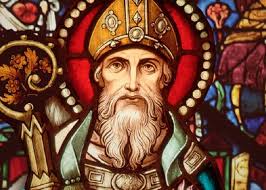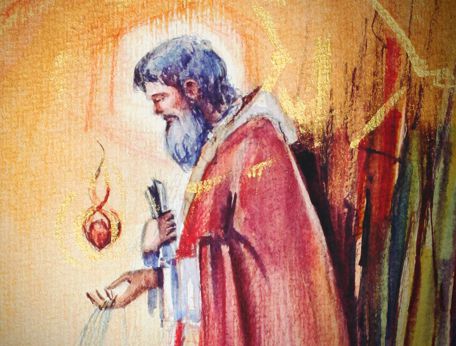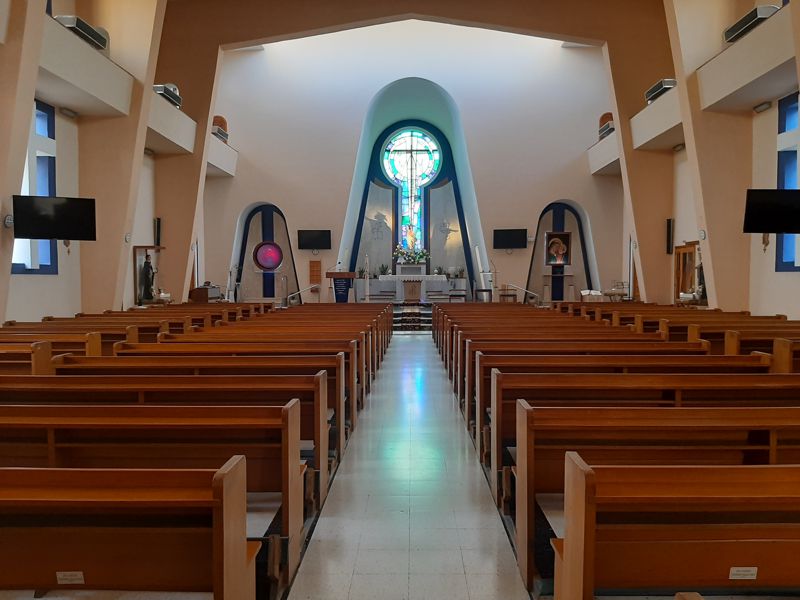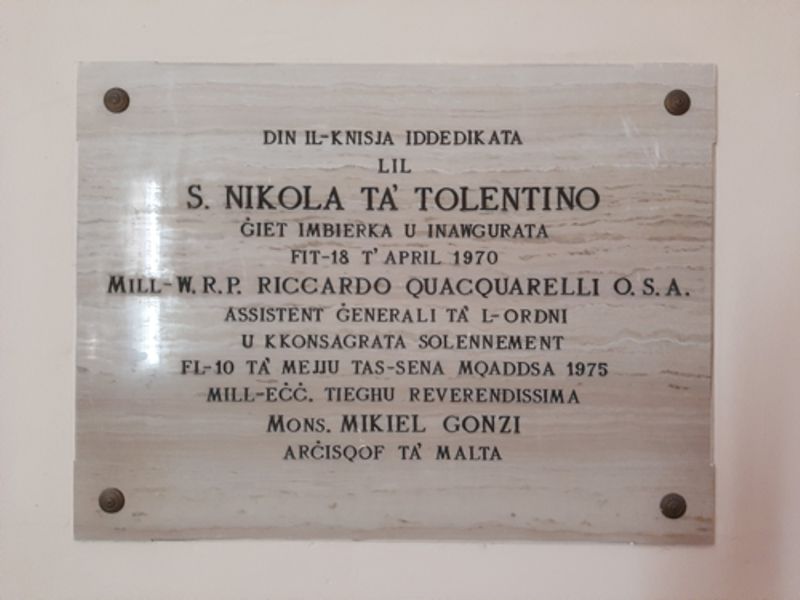Many times, when we talk about religious or sacerdotal vocations, or hear what is said about these, what comes quickly to mind and we visualise are two youths involved in some Church activity, or two altar boys who appear to be sensible, and perhaps we just leave it there! These words do not apply to us! If only this was a fact! And if we reflect more deeply, other questions quickly come to mind: what if God is calling them? Or, will they answer His call? This is all good and these youths (they are so few nowadays!) need encouragement but when our mind does not think further, many a time we will be forgetting that the vocational call is not something made only to youths who could answer God’s call during their lifetime but this applies to all. It is a goading to all of us, whoever we are, as members of the Church!
The matter of vocations is something that should concern all of us whoever we may be. When the Church speaks about religious or sacerdotal vocations, it speaks about a reality that affects all of us as Christians. Similarly, when next Sunday we celebrate, as a Church, the Day of Vocations. Moments like these are an opportunity for one to reflect and this includes everyone so that we will better understand what is our role and what is understood by pastoral vocations. Without doubt, for us religious and priests it is a call for us to evaluate the way with which we represent this gift by way of our own lifestyle and how we are meeting the challenge of accompanying our youths. For all Christians, I believe that it is also an opportunity to find our place in this mission and to recognise that this is a mission that we should share amongst ourselves.
If there is work in the vocational field which Christ encourages through the gospels doubtless this is prayer, and this is the first mission that all of us are capable of carrying out: ‘Pray that the owner of the land sends workers to gather the harvest’. It is a direct invitation which we are requested with sincerity to convey through our prayers to God for this Church’s need.
Along with this challenge we have the task continually to work towards creating an atmosphere where the call to religious and sacerdotal life finds fertile ground. This task should be characteristic of every Christian family and should therefore be a mission close to our hearts, in particular those of parents and grandparents who have the responsibility of offering youths a healthy environment.
Above all, this direct invitation needs to reach our youths. We need to challenge them to give consideration also to God’s call amongst other calls. God makes a call by different means and could well chose us as a medium for helping youths reflect sensibly regarding their future. Many times choices like these are accompanied by many questions which, more than straight answers, require encouragement, serenity and a lot of accompaniment.
Did you ever give thought to what role you have in the Church’s mission?
Did you ever give thought to what you should do to create an environment that appreciates more the call to religious or sacerdotal life?
Did you ever consider if you are praying sufficiently towards this end?
Did you ever give though to the fact that God may be calling to religious life somebody close to you?
And if you are a youth, did it ever cross your mind that God may even be calling you?
If you feel that these words have helped you reflect on God's call for you, don't be afraid to contact us and meet our vocational director fr Terence Spiteri osa can call 21222884 or send an email on This email address is being protected from spambots. You need JavaScript enabled to view it..
Discover who you are...Discover who we are
Fr Leslie Gatt osa
Prior Provincial







